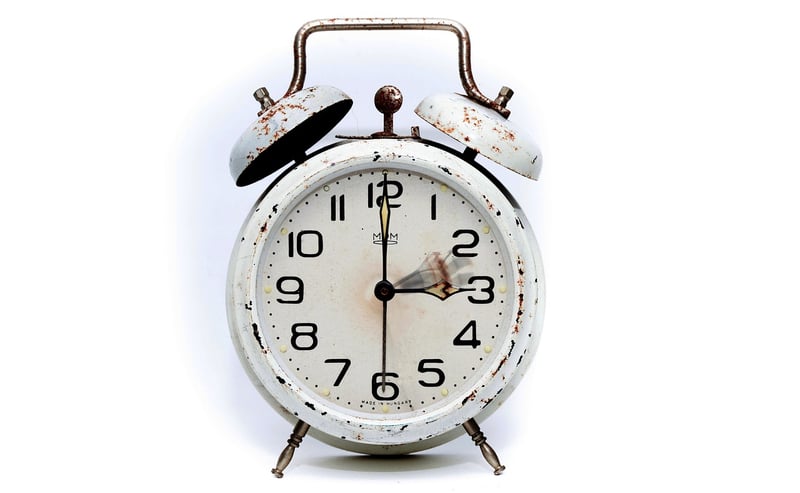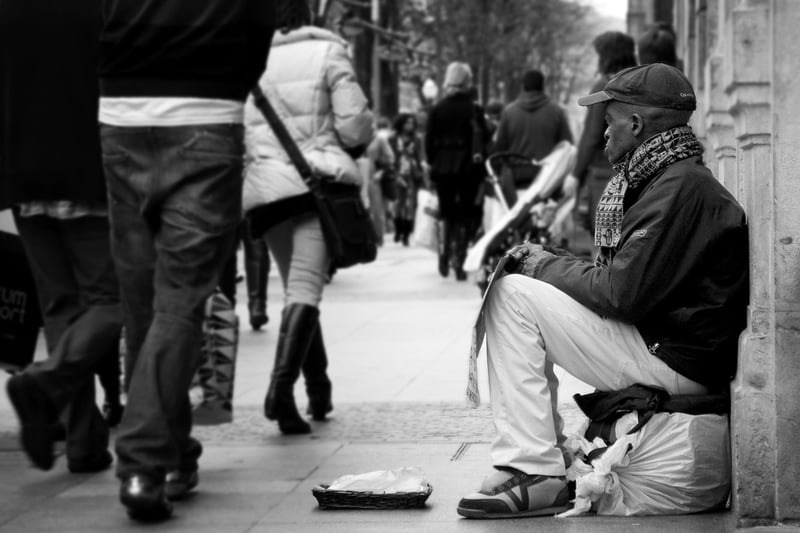Chrono-Travel Ethics
The Concept of Time and Chrono-Travel Ethics
Time, the ever-flowing river that governs our lives, has fascinated humanity for centuries. From ancient philosophers to modern physicists, the nature of time has been a subject of intense study and speculation. Time is not just a measurement of events but a fundamental aspect of our existence, shaping our past, present, and future.
Understanding Time
Time is a dimension in which events occur sequentially, one after another. It provides the framework for the order of events, allowing us to make sense of the world around us. However, the concept of time is not as straightforward as it may seem.
According to Einstein's theory of relativity, time is not a constant but can vary depending on the speed of an object and the strength of gravity. This means that time is relative and can be experienced differently by different observers.
Chrono-Travel Ethics
Chrono-travel, the hypothetical concept of traveling through time, raises numerous ethical dilemmas and paradoxes. While time travel is a popular theme in science fiction, the ethical implications of altering the past or future are profound.
Paradoxes
One of the most famous time travel paradoxes is the grandfather paradox, where a time traveler goes back in time and prevents their grandfather from meeting their grandmother, thus preventing their own birth. This creates a paradoxical situation where the time traveler's existence is in question.
Ethical Considerations
Chrono-travel raises questions about free will, causality, and the consequences of altering the timeline. Would changing the past lead to unintended consequences in the future? Is it ethical to manipulate events for personal gain?
These ethical dilemmas highlight the complexity of time travel and the need for careful consideration of the consequences of altering the fabric of time.
Conclusion
Time is a mysterious and powerful force that governs our lives. While the concept of time travel may seem like an exciting possibility, the ethical implications of altering the timeline raise important questions about our responsibility to the past, present, and future.
As we continue to explore the nature of time and its impact on our lives, it is essential to approach chrono-travel with caution and respect for the ethical considerations involved.

 Learn more about time travel
Learn more about time travel
